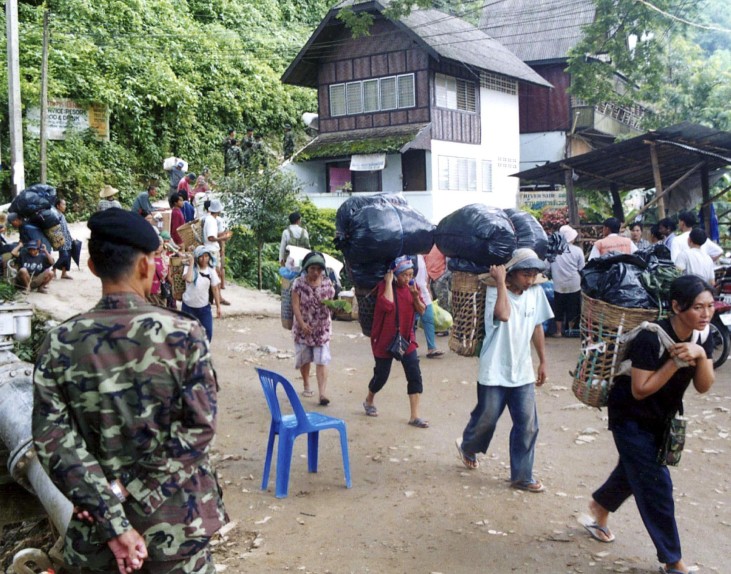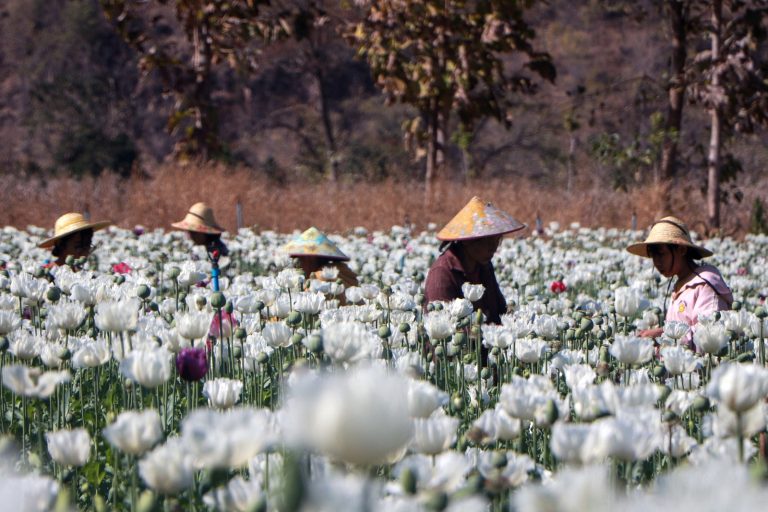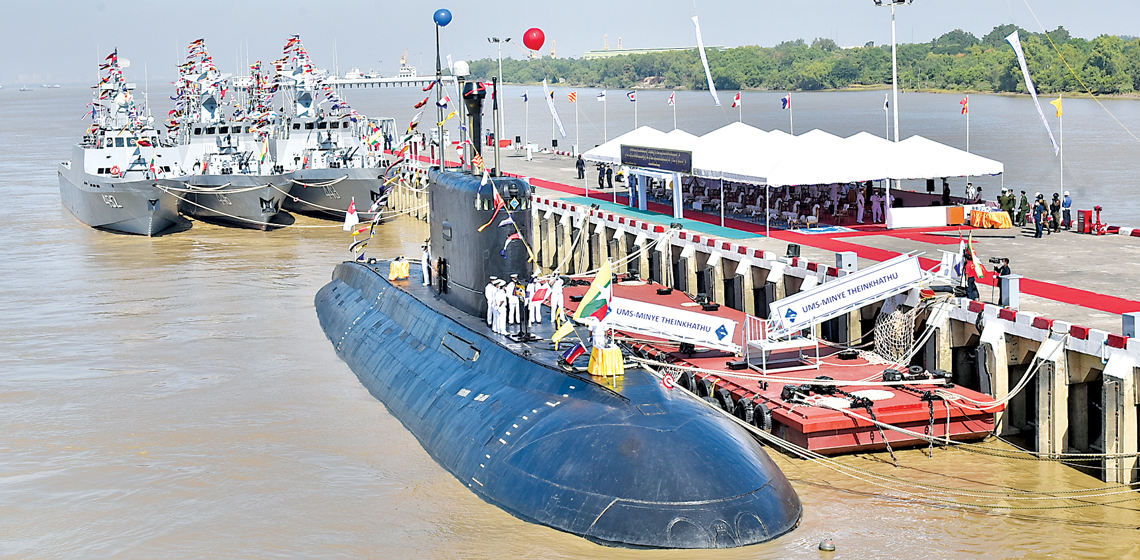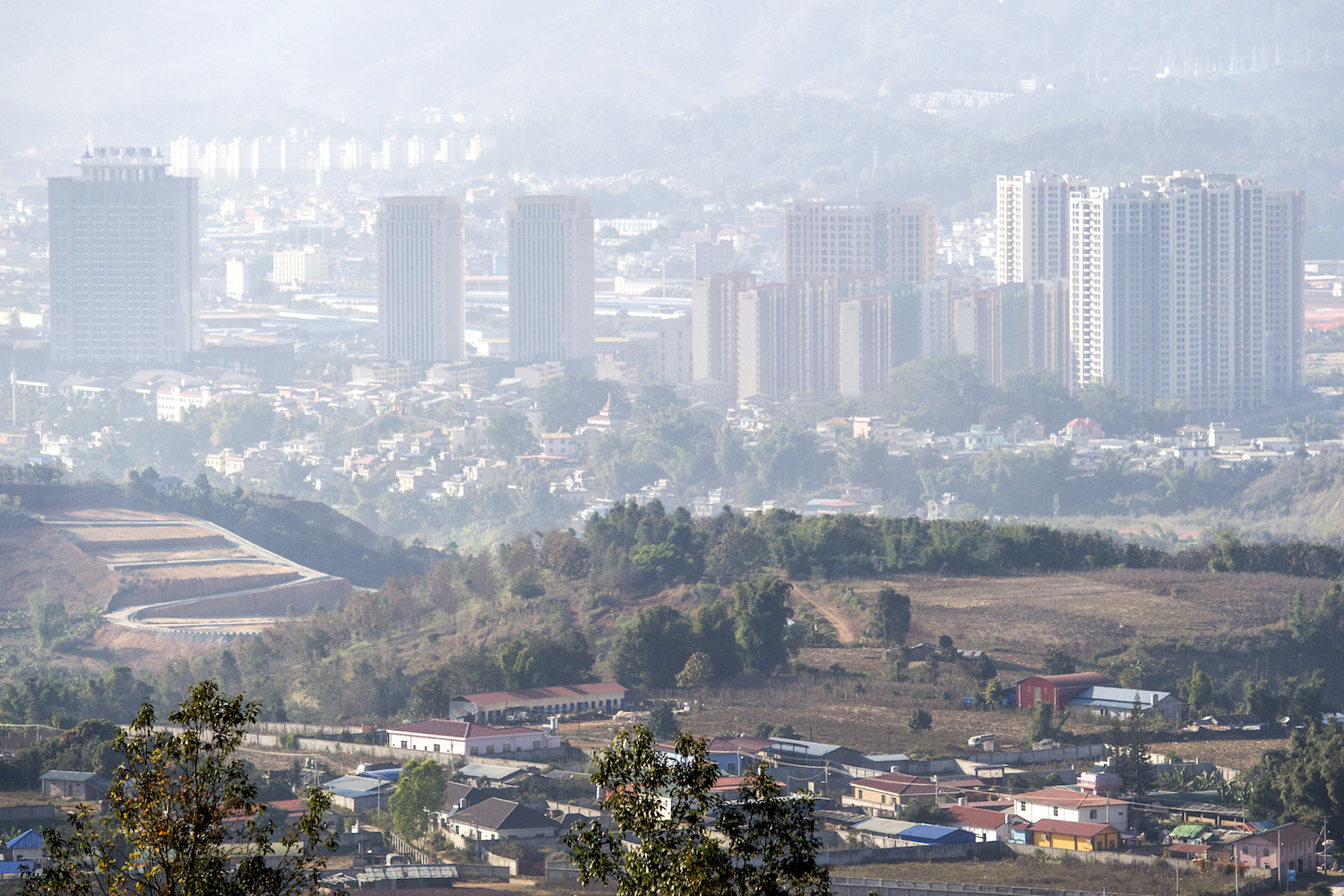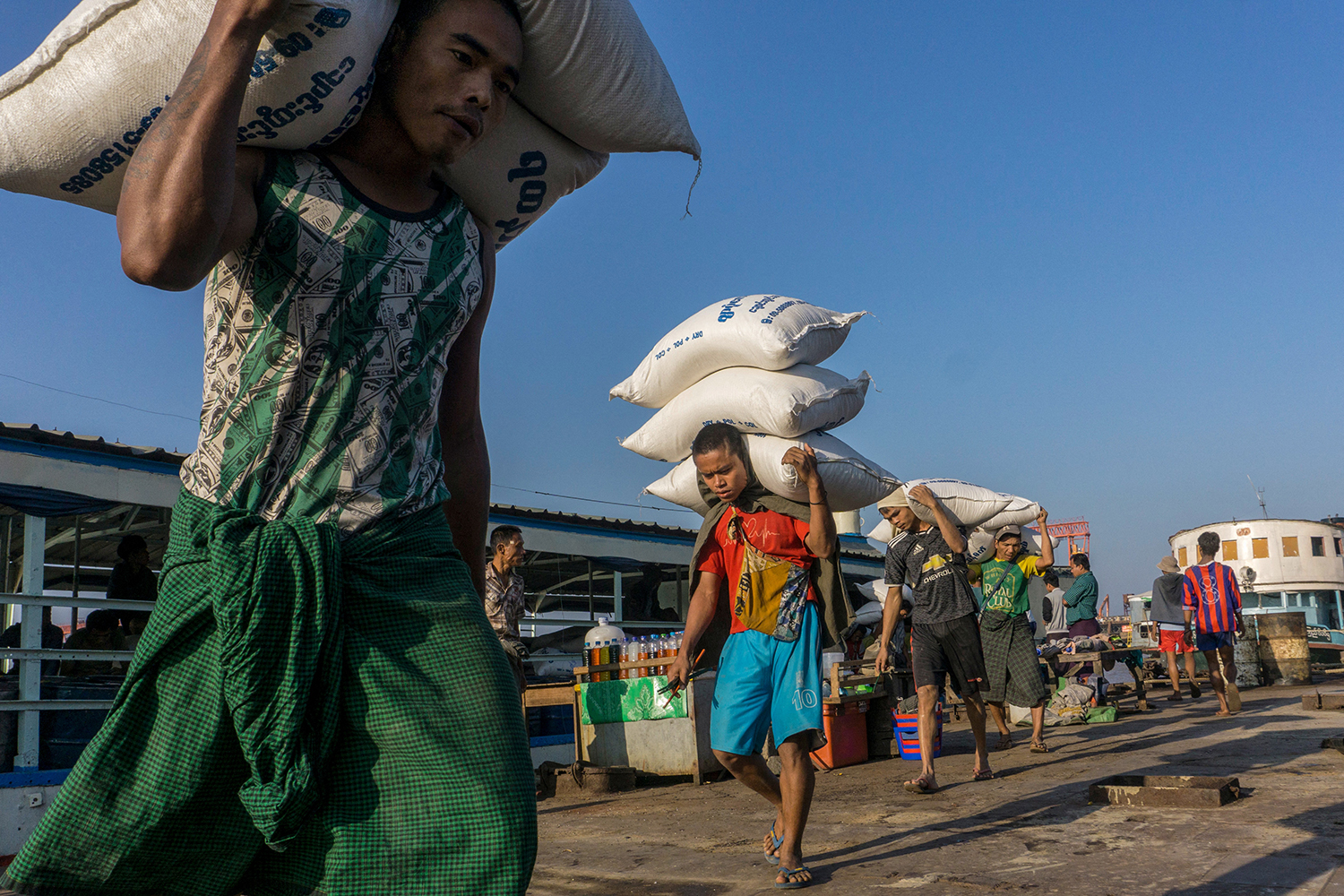New research sheds light on massive illicit capital flows through Myanmar over the last five decades.
Washington, DC-based watchdog Global Financial Integrity published a report last week that claims that nearly US$100 billion “flowed illegally through Myanmar” between 1960 and 2013, fuelled by the country’s isolation and pervasive mismanagement. These illicit flows represent a direct loss for the country’s economy, cost the government significant revenue, and drive the underground economy, crime and corruption, GFI’s president, Raymond Baker, said in a statement.
Unregulated and illicit financial outflows documented by GFI were vastly outstripped by inflows, which totalled US$77.7 billion between 1960 through 2013 and accounted for 14.4 percent of GDP.
“Given strict capital controls, but at the same time a lucrative illicit economy in jade, narcotics, logging, the principal challenge for people engaged in these businesses has been in getting earnings back into Burma,” said Dr Sean Turnell, a professor of economics at Macquarie University in Sydney, noting that similar patterns exist in other countries with large illicit economies.
Although Myanmar’s financial system has improved steadily over the past few years, it remains among the shakiest in the region, and experienced significant macroeconomic instability between 1999 and 2013, including a major banking crisis in 2003.
And as the economy has opened to the outside world, unregulated financial inflows have not slowed down. GFI estimates that some US$10 billion — more than 20 percent of Myanmar’s GDP — made it into the country illegally in 2013. This lack of oversight has had a huge effect on government revenues, with tax collection accounting for 7 percent of Myanmar’s GDP, which the authors note undermines “the ability of the state to provide adequate health and education services.”
The rising trend of illicit capital flows in recent years stems, in part, from an attempt by Myanmar’s military government to manage its limited reserves of foreign currency through an “export-first” policy launched in 1997 and scrapped in 2012. Under this scheme, intended to even out Myanmar’s balance of payments, exporters were only granted licences to import goods if they could guarantee that the value of their imports would cover the costs of their exports.
Punitive import licence fees further limited the ability for would-be importers to bring goods into the country, resulting in pervasive over-invoicing of the value of certain imports, the authors note.
Illicit drugs — namely opium and methamphetamine — account for an estimated 16.4 percent of Myanmar’s GDP, but the authors note that “there is no way to detect technical smuggling of illegal drugs via over- or under-invoicing in trade statistics or in the balance of payments”, and that “these illicit transactions fall outside the scope of the official economy.”
Although Myanmar dropped export and import licence requirements for roughly 300 categories of goods in 2013, taxation and enforcement remain problematic, and the country lags badly in terms of anti-money laundering enforcement and the capacity to collect statistical data.
“Simplicity and universality always work best with respect to taxation. In other words, don’t have in place a myriad of different types of taxes, levied at different rates on different products,” Dr Turnell said. “Such systems asked to be ‘gamed’. Keep exceptions and discretion at a minimum.”


